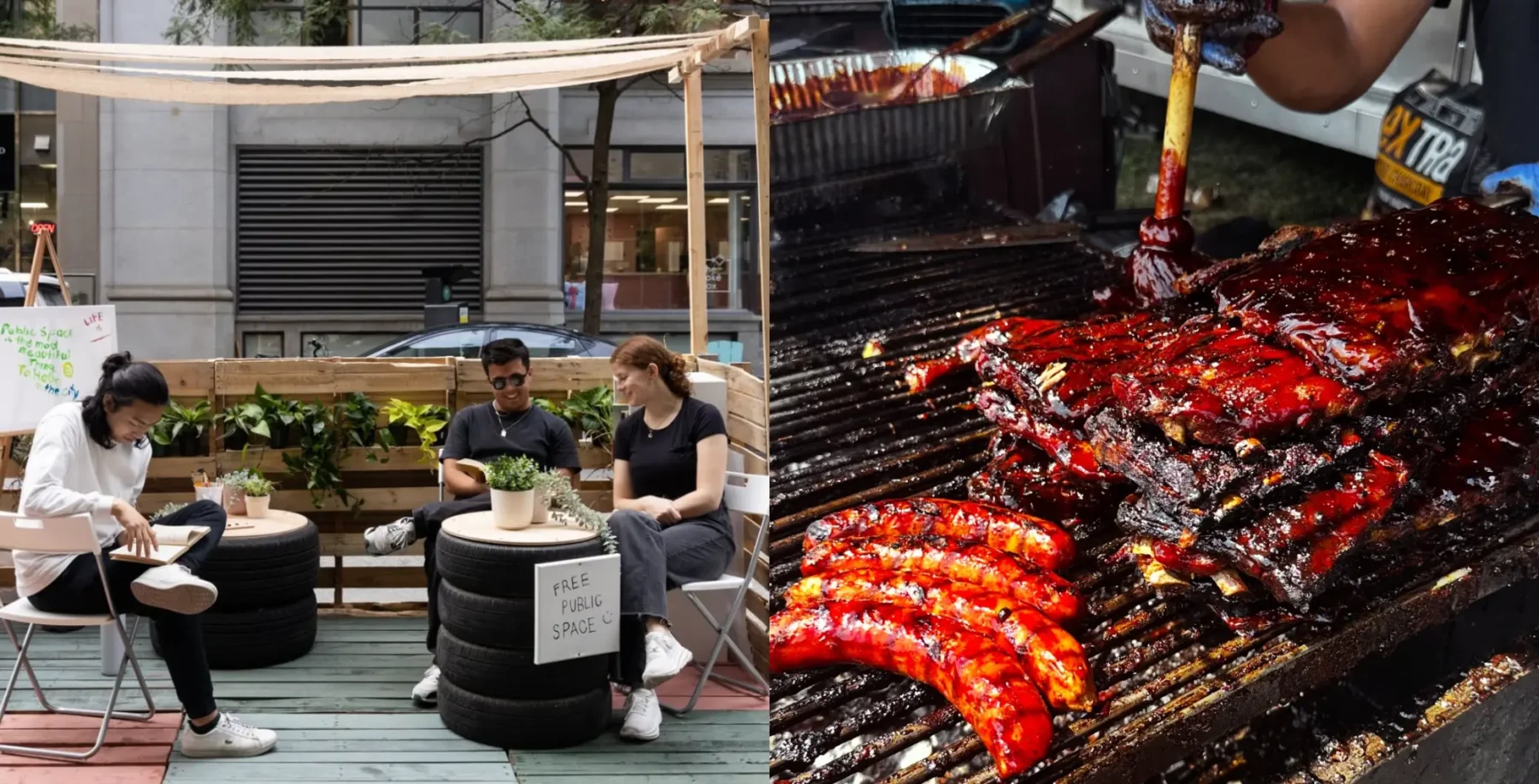
Rating: NNNNN
Blue suit jacket be damned, Patrus Ananias plunges his hand into the compost heap and says to one of his staff, No smell, no bugs.
Meet Brazils minister of social development and the fight against hunger, likely the countrys next president, who recently toured FoodShares Croatia Street warehouse.
Hes from Minas, the same area as me, my translator whispers to me, guessing Im not used to seeing senior cabinet ministers get their hands dirty working on food issues.
People from Minas are very simple and country no show-?offs, she says.
At the helm of 30 national anti-?hunger programs community kitchens, popular restaurants, gardens, school meals and farmers programs Ananias oversees efforts by several levels of government and over 150 community groups and businesses.
For decades now, Brazils been a beacon of grassroots innovation here in Canada and the ministers visit only highlights the fact that the revelations just keep coming.
Ananias, for example, calls his ministrys relationship with civil society shared management. Its a partnership written into the 2006 law ensuring the right to food, and many believe this blurring of the lines between community groups and government signals a new frontier of democracy in the 21st century.
Cecilia Rocha of Ryerson University, a scholar of Brazils food security policies and an organizer of Ananiass tour, says the country is a fascinating laboratory to study this promising trend in mass participation.
The Toronto-?Brasilia connection explains why a foreign senior government official came to town to fundraise for a Wychwood Park baking oven, albeit one dedicated to Brazilian activist legend Herbert de Souza.
A mentor to locals like Foodshare director Debbie Field, de Souza lived here in the 70s and was himself struck by T.O.s feisty community groups that blended service to those in need with strong advocacy for improved government services.
When he returned to Brazil, de Souza was the force behind the Lula governments commitment in 2003 to achieve Zero Hunger by 2015.
Ananiass program directs a flagship school meals project for 36 million children, run by local councils, paid for by the feds and supplied by small, neighbouring farms.
About 2 million family farmers, almost all living on low incomes and often at risk of hunger themselves, earn close to $6 billion a year (all figures in U.S. dollars) from government purchasers who buy from them to supply schools, emergency food baskets and food banks (which are government-?run and offer food to agencies providing meals).
As well, about 300,000 families working small farms within cities receive $50 mil a year to supply what are called popular restaurants, diners offering nutritious and subsidized meals. This, Ananias told a Ryerson audience earlier in the day, works both ends of the food and nutrition security spectrum. The history of Brazil is a history of poverty, he says referring to the fact that his country was one of the last to abolish slavery.
But besides adding to grassroots clout, the country is experimenting with a new kind of social service delivery one that Id bet would be pretty controversial here.
Called Bolsa Familia, the program serves people earning less than the global poverty limit of $2 a day one-quarter of Brazils population. Costing almost $5 billion a year, it is the largest income transfer program in the world, says Ryersons Rocha.
The money is deposited in bank accounts accessible to the mother of the family, but only if certain conditions are met. Children must be vaccinated against contagious diseases and must attend school regularly parents who keep their children at home or send them out to work lose the voucher.
Expectant moms and moms with newborns are required to see their doctors regularly and follow basic nutritional advice. As well, governments organize food banks but only distribute to agencies providing meals to those taking training and other self-?help programs.
The conditional aspect of these services would be classified as patronizing and interfering by social policy analysts in Europe and North America.
But this made-?in-?Brazil departure not only aims to address welfare dependency its also an attempt to avoid some of the patronage traps that plague the country.
The governing Workers Party is vigilant about defeating the Brazilian tradition of clientelism, a feature of political life in many low-?income countries. This tradition sees poor people currying favour with and supporting elites, in expectation of favours such as cushy government jobs or other freebies. Both socialists and free marketeers agree orderly change becomes impossible in such a setting.
Ananias says such policies are needed to break the cycle of poverty. Thinking I detect social-workese here, I ask him about his influences at a social event hosted by the Brazilian Consulate after the days speeches and tours.
Turns out Im wrong. Its Catholic liberation theology that has been the major force in his life, he tells me through my interpreter, his hand swinging to his heart.
The ministers anti-hunger crusade shows that cost isnt the barrier to solid progress. Brazil spends less than $15 bil a year on food, a small per cent of the $100 billion diverted to road, airport, and utility upgrades. When health counts as much as roads, funding becomes no problem.
news@nowtoronto.com












